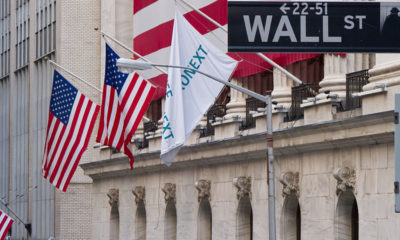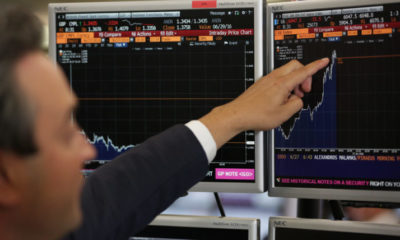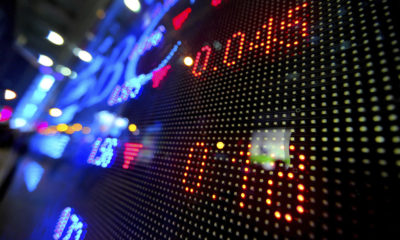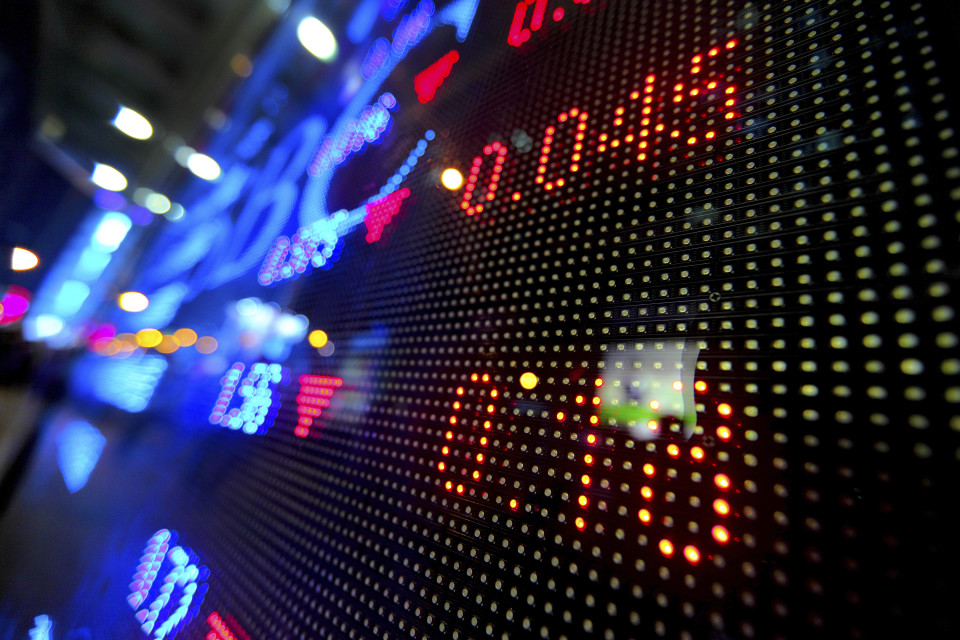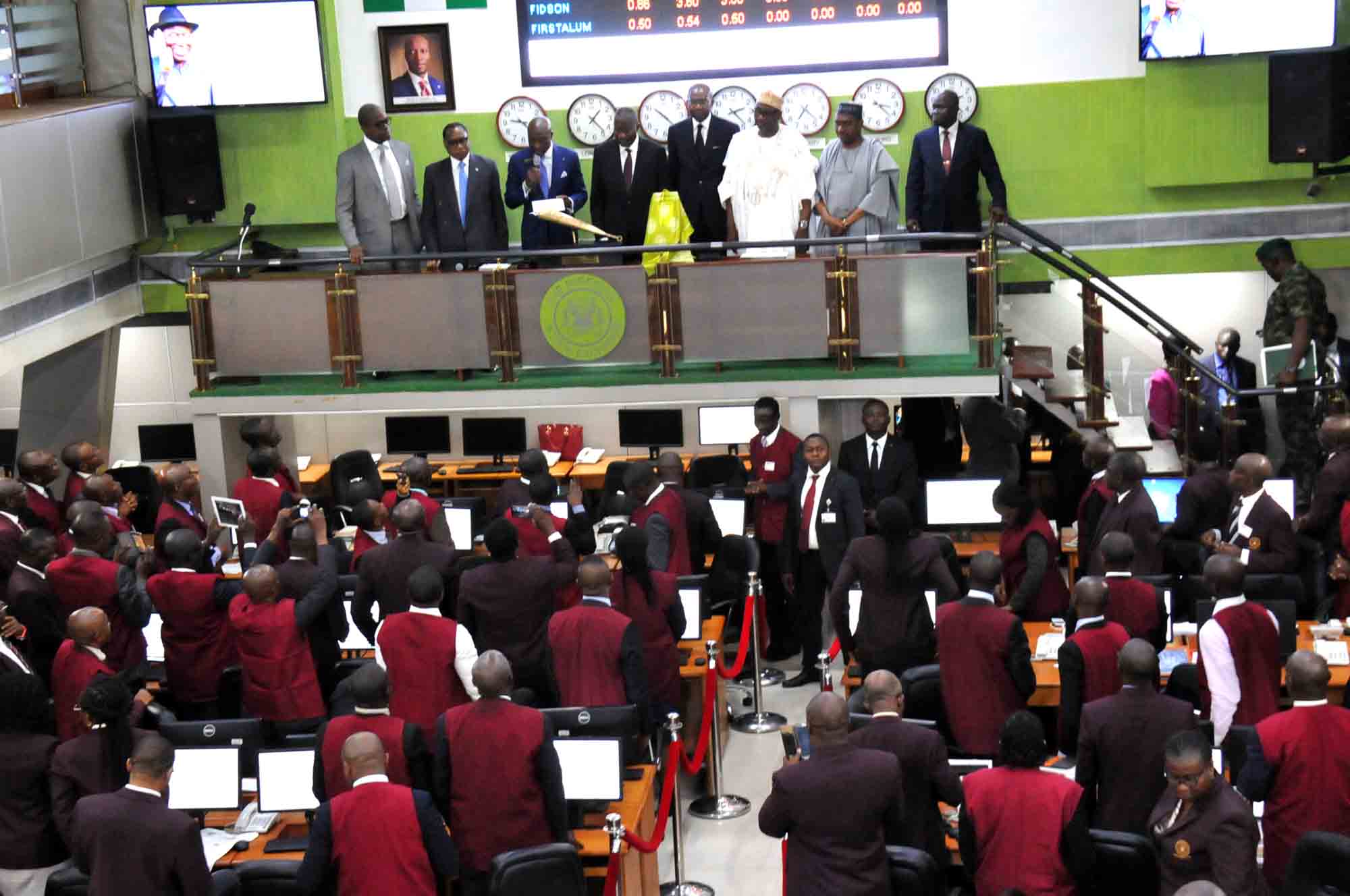Stock Market
European Stocks Rebound as Energy Prices Lift Oil Producers, Natural Gas Soars; Bonds Weaken
European equities climbed back from a one-month low in response to surging energy prices, particularly benefiting oil producers. Meanwhile, natural gas prices experienced a sharp rise, while bond markets exhibited general weakness.
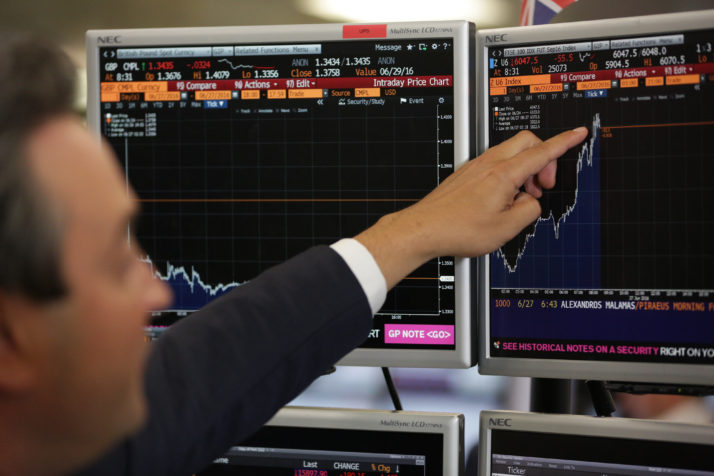
Nigerian Exchange Limited
Naira Depreciation and High Interest Rates Force Market Slowdown, Experts Say
Stock Market
ASHON Seeks Increase to 1.35% Stockbroking Fees
Nigerian Exchange Limited
NGX Suffers 0.25% Dip After Three Days of Gains, Market Cap Falls by N148 Billion
-

 Education4 weeks ago
Education4 weeks agoFederal Government Approves 133% Allowance Boost for NYSC Members, Now ₦77,000
-

 News3 weeks ago
News3 weeks agoBbnaija’s Wanni Wins Innoson Car Challenge, Secures First Vehicle with Twin Sister
-

 Business3 weeks ago
Business3 weeks agoNigerian Businesses Slash Dollar Exposure as Naira Depreciation Deepens
-

 Technology3 weeks ago
Technology3 weeks agoOpenAI’s Valuation Soars to $157 Billion After $6.6 Billion Funding Round
-

 Investment4 weeks ago
Investment4 weeks agoVice President Shettima Calls on Global Investors to Trust Nigeria’s Economic Reforms at UNGA
-

 Investment3 weeks ago
Investment3 weeks agoFG Secures $200m Afreximbank Investment For Creative Industry
-

 Telecommunications4 weeks ago
Telecommunications4 weeks agoTelecom Firms Face N56 Billion Monthly Diesel Bill Amid Power Woes
-

 Banking Sector3 weeks ago
Banking Sector3 weeks agoUnity Bank, Anwbn Empower Women Entrepreneurs With Ai, Digital Marketing Skills


